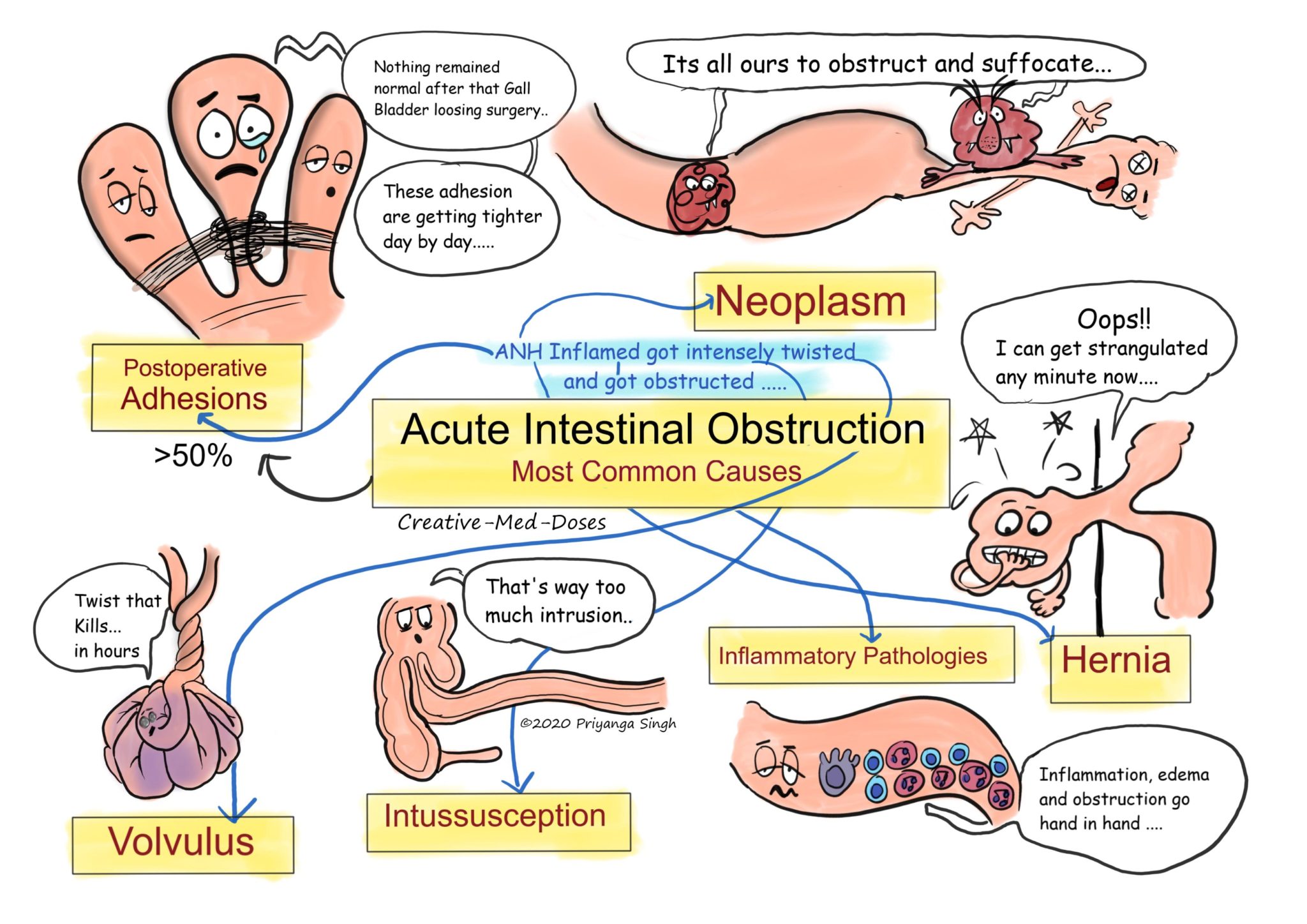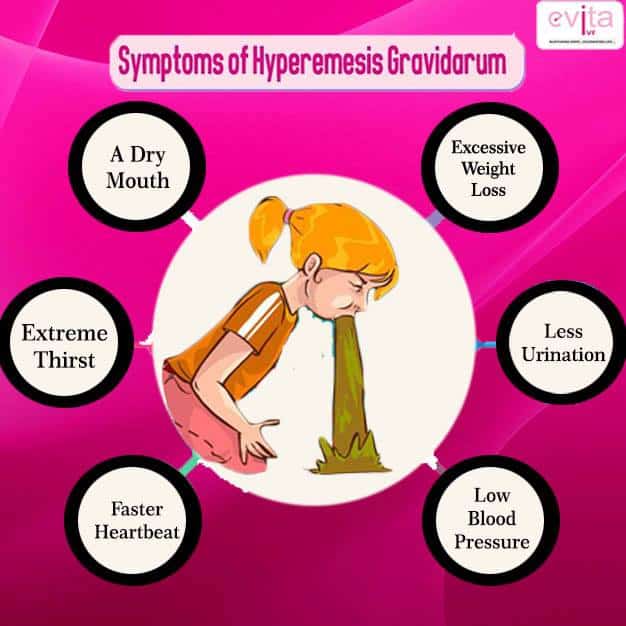
As parents, we know that babies can be a handful, especially when it comes to their health. One common concern that many parents have is vomiting. While vomiting is a normal and often harmless occurrence in babies, it can also be a sign of an underlying problem. In this article, we’ll explore what’s considered normal vomiting in babies, and when it’s time to take action and seek medical help.
When it comes to vomiting, it’s important to understand that babies have developing digestive systems. This means that they’re more prone to spitting up or throwing up their food. In fact, it’s estimated that up to 65% of healthy babies experience frequent vomiting in the first few months of life. This is known as “physiological reflux” and is typically nothing to worry about.
However, there are certain conditions that can cause more severe vomiting in babies. Gastroesophageal reflux disease (GERD) is one such condition, which occurs when the stomach acid flows back into the esophagus, causing irritation and discomfort. This can be accompanied by symptoms such as frequent spitting up, abdominal pain, and bloody or dark stools.
Another condition that can cause chronic vomiting in babies is intussusception. This occurs when one segment of the intestine slides inside another, causing a blockage. Symptoms of intussusception include severe abdominal pain, vomiting, and “currant jelly” stool. This is a medical emergency and requires immediate attention from a healthcare professional.
Food allergies can also be a cause of vomiting in babies. If your baby vomits consistently after feeding, it may be a sign of an allergy to a particular food. Common culprits include cow’s milk, eggs, and peanuts. If you suspect that your baby has a food allergy, it’s important to speak with a pediatrician who can guide you on how to safely introduce solids into your baby’s diet.
While vomiting is often a sign of a mild, self-limiting illness such as a viral infection, it’s important to note that persistent or severe vomiting can lead to dehydration and weight loss. If your baby is vomiting excessively, not producing wet diapers, and appears unwell, it’s crucial to seek medical attention. In some cases, intravenous fluids or medication such as paracetamol may be necessary to ease symptoms and prevent complications.
In conclusion, vomiting is a normal part of a baby’s life, but it’s crucial to know when it’s cause for concern. By understanding what’s considered normal vomiting and what warrants a visit to the doctor, you can better navigate your baby’s health and ensure their well-being.
Contents
Causes of Vomiting in Babies
Vomiting in babies can have various causes, some of which are considered normal, while others may require medical attention. Understanding the underlying reasons for vomiting can help parents determine when to seek medical advice and when their baby’s vomiting is within a normal range.
Normal Causes of Vomiting in Babies
- Spitting up: Many babies experience spitting up, which is the effortless and frequent regurgitation of small amounts of milk or formula. Spitting up typically occurs soon after feeding and is not accompanied by any other symptoms. It usually improves as the baby gets older and their digestive system matures.
- Overfeeding: Feeding a baby too much can cause them to vomit, as their stomach cannot handle the excessive amount of milk or formula. Parents should ensure that they are following the recommended feeding guidelines for their baby’s age and weight.
- Food allergies or intolerances: Some babies may vomit in response to certain foods or ingredients, such as cow’s milk, wheat, or fruit. If parents notice a pattern of vomiting after consuming specific foods, they should consult with their doctor for further testing and to discuss appropriate dietary changes.
- Gastroenteritis: Commonly known as the stomach flu, gastroenteritis can cause vomiting in babies. It is typically accompanied by symptoms like diarrhea, fever, and abdominal pain. Gastroenteritis is usually self-limiting and resolves on its own within a few days.
Medical Causes of Vomiting in Babies

- Gastroesophageal reflux disease (GERD): GERD occurs when the contents of the stomach flow back into the esophagus, causing discomfort and vomiting. This condition may require treatment and management by a healthcare professional.
- Pyloric stenosis: Pyloric stenosis is a condition that affects infants, usually between 2 and 8 weeks old. It is characterized by the narrowing of the opening between the stomach and the small intestine, leading to recurrent vomiting. Pyloric stenosis typically requires surgery to widen the opening and relieve the symptoms.
- Hirschsprung’s disease: Hirschsprung’s disease is a congenital condition where certain nerve cells are missing in the colon, causing a blockage in the bowel. This can lead to symptoms like vomiting, constipation, and abdominal distention. Diagnosis and treatment of Hirschsprung’s disease usually involve surgery.
- Intussusception: Intussusception occurs when one portion of the intestine telescopes into another, causing a blockage. This condition can lead to vomiting, abdominal pain, and the passage of blood in stools. Immediate medical attention is required to treat intussusception, often through a procedure called an air enema.
- Other medical conditions: There are several other medical conditions that can cause vomiting in babies, including infections, metabolic disorders, and reactions to medications or toxins. If a baby’s vomiting is persistent, severe, or accompanied by other concerning symptoms, it is important to seek medical advice for proper diagnosis and treatment.
In conclusion, vomiting in babies can be caused by both normal and medical factors. While some instances of vomiting can be managed at home, it is important for parents to be aware of the signs and symptoms that may warrant medical attention. Consulting with doctors and seeking appropriate medical advice is crucial for the well-being of the baby.
When to Seek Medical Attention for Vomiting
If your baby experiences persistent vomiting or shows signs of dehydration, it is important to seek medical attention. Persistent vomiting can be a sign of an underlying medical condition or disease and should not be ignored. Signs of dehydration include a dry mouth, decreased urine output, lethargy, and refusal to drink fluids.
In some cases, vomiting can be a symptom of more serious conditions such as pyloric stenosis, which is a narrowing of the opening between the stomach and intestines. If your baby is consistently vomiting forcefully and losing weight, this could be a cause for concern and should be discussed with a doctor.
It is also important to seek medical advice if your baby has been vomiting for several days, if the vomit contains blood or mucus, or if they are complaining of abdominal pain. These could be signs of an infection or other gastrointestinal condition that requires further testing and treatment.
If your baby is exhibiting other symptoms along with the vomiting, such as diarrhea or a fever, it is important to see a doctor to determine the underlying cause. Additionally, if your baby shows signs of lethargy, has a persistently high fever, or has a tongue or lips that appear blue or pale, it is crucial to seek immediate medical attention.
While occasional episodes of vomiting can be normal, it is always best to err on the side of caution when it comes to your child’s health. It is always better to consult with a healthcare professional, such as pediatricians or doctors, to determine the cause of the vomiting and receive appropriate treatment if necessary.
Remember, this article is not meant to replace the advice of a healthcare professional. If you have any concerns or questions about your baby’s vomiting or overall health, it is recommended to schedule an appointment with a doctor. They will be able to provide specific guidance and address any concerns you may have.
How to Help Your Baby with Vomiting
If your baby is vomiting, it can be a worrying and unpleasant experience for both of you. However, there are several steps you can take to help your baby feel better and minimize any discomfort. Here are some tips to consider:
Pay Attention to What Your Baby Eats
One of the best ways to prevent vomiting is to be mindful of what your baby is consuming. Avoid giving your baby any foods or drinks that may be causing an upset stomach, such as spicy foods, citrus fruits, or foods high in fat. Stick to gentle and easily digestible foods, such as mashed fruits and vegetables.
Keep Your Baby Hydrated
Vomiting can cause dehydration, so it’s important to make sure your baby is getting enough fluids. Offer small amounts of breast milk or formula frequently, and encourage your baby to drink water if they are old enough. If your baby is unable to keep anything down, seek medical attention.
Maintain a Tidy and Clean Environment
During episodes of vomiting, it’s essential to keep the nursery or any other area clean and tidy. This will help prevent the spread of germs and keep your baby’s immune system strong. Regularly clean and disinfect surfaces, toys, and bedding.
Observe for Any Signs of Serious Illness
While vomiting is common in infants and young children, it’s important to be aware of any signs that may indicate a more serious condition. If your baby has persistent vomiting, blood in their vomit, a swollen abdomen, severe diarrhea, or a fever, seek medical attention immediately.
Offer Comfort Measures

If your baby is vomiting, offering comfort measures can help them feel better. Hold your baby in an upright position after feeding, burp them frequently, and consider using a pacifier to soothe them. Distract your baby with gentle rocking or singing to help take their mind off the discomfort.
Remember, vomiting in babies is often a normal part of their development, especially during the early stages. By following these tips and providing a supportive and comforting environment, you can help your baby through these episodes and ensure their well-being.
Signs of Dehydration in Vomiting Babies

When your baby is vomiting, it’s important to watch out for signs of dehydration. Vomiting can cause babies to lose fluids quickly, especially if they refuse to eat or drink anything. Dehydration can occur within a few hours, so it’s important to seek medical help if you notice these symptoms:
Decreased Urination
If your baby isn’t urinating as much as usual, or if their urine appears darker and more concentrated, it could be a sign of dehydration. Pay attention to the number of wet diapers your baby has each day.
Refusal to Eat or Drink
If your baby refuses to breastfeed, bottle-feed, or even drink water, it could be a sign of dehydration. Babies may be less interested in eating or drinking when they don’t feel well, but it’s important to try to get them to consume fluids.
Lethargy or Irritability
If your baby becomes unusually tired, lethargic, or irritable, it could be a sign of dehydration. Dehydration can make babies feel weak and sluggish. They may also cry more than usual.
Dry Mouth and Sunken Eyes
Check your baby’s mouth to see if their lips and tongue feel dry and sticky. Sunken eyes can also be a sign of dehydration. These physical signs indicate that your baby needs more fluids.
Persistent Vomiting
If your baby continues to vomit after each feeding, or if they have forceful vomiting with bile-like or greenish-yellow stools, it may indicate a more serious condition like intussusception or gastroesophageal reflux disease. Seek medical attention if the vomiting persists.
Remember, each baby is different, and the severity of dehydration may vary depending on the individual. If you’re unsure whether your baby is dehydrated, it’s always best to seek the advice of your pediatrician. Dehydration can quickly become a serious concern, especially in infants.
Treating Vomiting in Babies at Home
If your baby is vomiting, there are a few things you can do at home to help provide relief and ensure their well-being. However, keep in mind that if the vomiting is persistent, severe, or accompanied by other worrying signs, it is important to seek medical advice right away.
Here are some recommendations for treating vomiting in infants:
| Control feeding: | Try smaller, more frequent feedings to prevent your baby from overfeeding and vomiting. If your baby refuses to eat, wait for about an hour before trying to feed them again. |
| Monitor food intake: | Pay attention to what your baby consumes. Avoid giving them solid foods until the vomiting subsides. Stick to a bland diet of easily digestible foods, such as rice cereal, toast, or crackers. |
| Keep your baby hydrated: | Ensure your baby gets plenty of fluids to prevent dehydration. Offer small, frequent sips of an oral rehydration solution or breast milk/formula, depending on their age and feeding preferences. |
| Provide comfort: | Hold your baby upright or place them in an inclined position. This can help reduce any abdominal discomfort and prevent further vomiting. |
| Observe for signs of illness: | Keep an eye out for any additional symptoms, such as fever, diarrhea, or signs of dehydration (e.g., reduced urination, dry mouth). If you notice any concerning signs, contact your doctor. |
It’s important to note that some causes of vomiting in babies, like pyloric stenosis, require prompt medical evaluation and treatment. If your baby shows persistent vomiting, projectile vomiting, increased forcefulness of vomiting, or vomit that appears greenish-yellow or contains blood, contact a healthcare provider immediately.
Remember, always follow the guidance of your pediatrician or healthcare professional when it comes to your baby’s health. This information is intended as general advice and should not replace medical recommendations given by the experts.
Sources: KidsHealth by Nemours, HealthyChildren.org by the American Academy of Pediatrics, WhatToExpect.com.
Accidental Poisoning as a Possible Cause of Vomiting
While vomiting in babies is often caused by normal factors such as reflux or an upset stomach, there are situations where it may be necessary to consider other possible causes. One such cause is accidental poisoning, which can happen if a baby ingests a harmful substance unknowingly.
Accidental poisoning in babies can occur when they consume something that they shouldn’t, such as medication, cleaning products, or poisonous plants. Babies and young children are curious by nature and may try to eat or drink anything they come across, especially if it looks appealing or is within their reach.
If you suspect that accidental poisoning may be the cause of your baby’s vomiting, it’s important to seek immediate medical advice. Some signs that your baby may have been poisoned include sudden vomiting, drooling, difficulty breathing, changes in skin color, or seizures. These can be indicative of a serious reaction to a toxic substance.
In case of accidental poisoning, do not try to induce vomiting in your baby unless specifically instructed to do so by a medical professional. In some cases, vomiting can worsen the situation, especially if the substance ingested is caustic or corrosive. Instead, call your local poison control center or emergency services for guidance on how to proceed.
Prevention is the best solution when it comes to accidental poisoning. Keep all medications, cleaning products, and toxic substances out of reach and out of sight from children. Install childproof locks on cabinets where these products are stored, and educate yourself on the potential hazards in your home.
Remember that babies and young children explore the world by putting things in their mouths. By being proactive and vigilant, you can reduce the risk of accidental poisoning and keep your little one safe.
